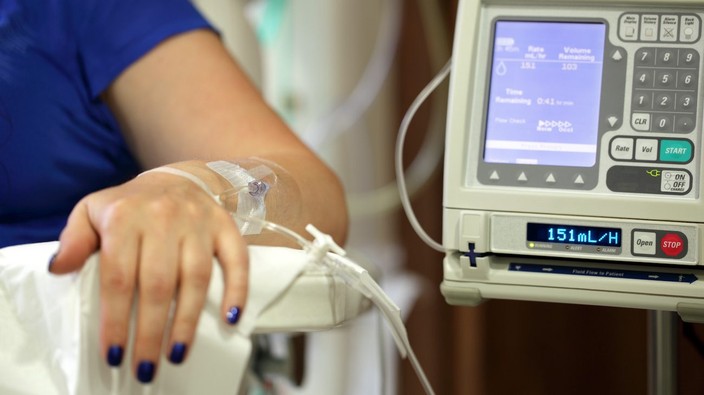fighting cancer takes heavy toll on the sex lives of young women, study says
according to a new study on a rarely-discussed subject, many young women who have recovered from cancer deal with sexual dysfunction.
how to help the heart during chemotherapy for breast cancer
a single exercise session may protect the heart of breast cancer patients receiving chemotherapy.
caregiver coping strategies ‘affects level of distress,’ study says
caregivers are often referred to as the backbone of canada’s healthcare system because close to eight million people over the age of 15 devote an average of 20 hours a week to the medical needs of others.
 3 minute read
3 minute read









